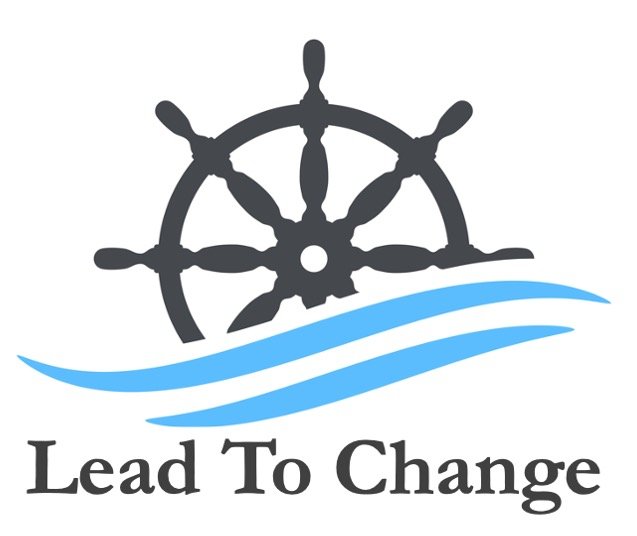Newsflash: Old Dogs Can Learn New Tricks
Life’s wisdom is often shared in trite, easy to remember adages. “A penny saved is a penny earned.” “Don’t judge a book by its cover.” But one stands out. “Old dogs can’t learn new tricks.” Not only because it isn’t true, but because it’s a particularly insidious piece of fake news.
It caught my attention when it showed up in several client discussions. In one instance, my client was expressing doubts about a prospective promotion and said,
“At my age, it’s just too late to learn what I need to be successful in that role.”
In another, my client was describing an issue with a direct report and said,
“She’s a forty-something year-old woman…at this point in her life,
she’s not going to change.”
And in another, my client was explaining a succession process and said,
“Leadership says they want a younger, more agile person for this role.”
This is one of those things we hear often, and rarely challenge — lodging it deep into our collective psyche. But how much wisdom is it packing? The answer, not much. Even in a literal sense, there’s hardly a kernel of truth here. Studies have shown that dogs are quite capable of learning new tricks at any age. And in a figurative sense, it’s also not true about humans. One study, published in the journal Neuron, found that the brain can rewire itself throughout our lifetimes, and that it's never too late to form new habits and create positive change in our lives. Another study, published in the journal Science, found that people consistently overestimate how much they had changed in the past, and underestimate how much they will change in the future. The researchers concluded that this "end of history illusion" is a common human tendency that can affect our decision-making and life planning. So, this trite, easy to remember quip happens to be devoid of wisdom.
But it’s the insidious nature of this belief that really struck me. It adversely affects our confidence, decisions, and behavior. It limits the range of possibilities we see for ourselves and others. And it leads to suboptimal decisions and discriminatory behavior. And it’s at work in the systems we operate within.
I see two significant implications for leaders. On one hand, those who don’t believe in others’ potential to change may be less inclined to invest in employee development and training, or to provide opportunities for growth and advancement. This can lead to frustration and disengagement, and to a workforce that is less equipped to adapt to changing business circumstances. Some might argue that the implications are insignificant because it only applies to the oldest members of the workforce. The problem is, the U.S. Bureau of Labor Statistics estimates that by 2024, a quarter of the workforce will be over the age of 55. Thats a big chunk of the workforce to deny investment and opportunities. But there are also some real advantages to be gained by unlocking the potential of this significant, but largely ignored group.
On the other, leaders who believe they are unable to change, may be less likely to try new approaches, take calculated risks, and adapt to changing circumstances. This can result in a lack of innovation and a resistance to change within the organization. Additionally, leaders who are unable to change their own behaviors or beliefs, are not modeling that behavior, and may struggle to inspire and motivate their team to do the same. This can be especially impactful for leaders who may see themselves or be seen as “old dogs.”
There may be a correlation between age and our ability and willingness to change and grow. But there are many factors that affect this at all ages – not the least of which is the presence of effective leadership. So, ask yourself how this belief is impacting you, your team and your organization. And where might you find untapped potential that exists within yourself and others.
If you’re an old dog who wants to learn some new tricks or you’d like to help some old dogs learn new tricks, we can help.
Contact us to set up an initial consultation at no charge.

